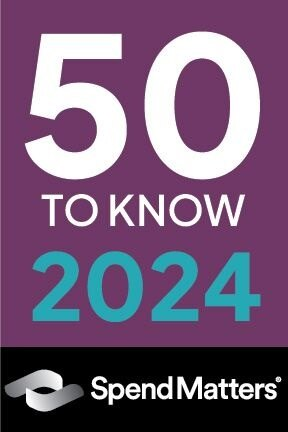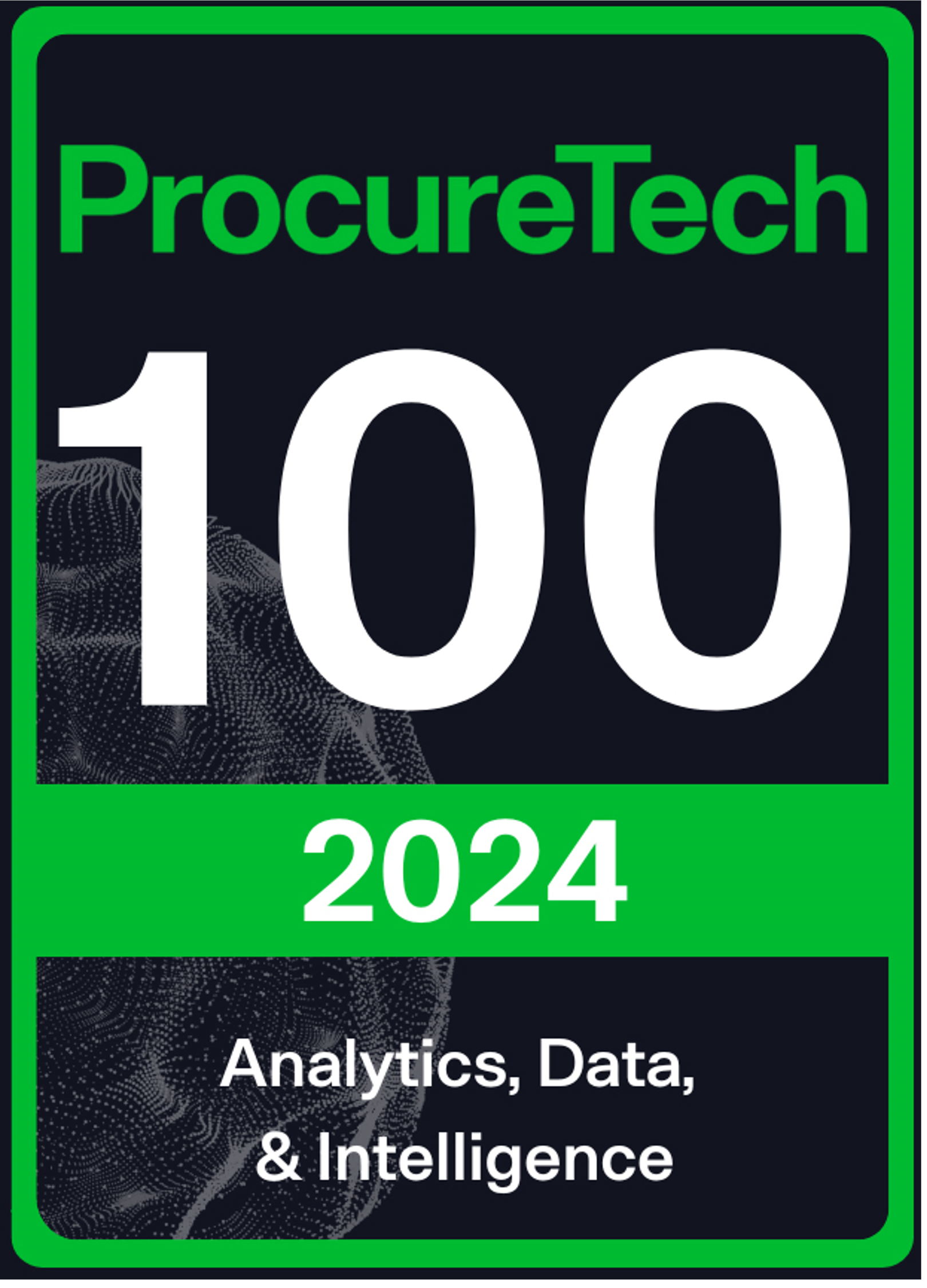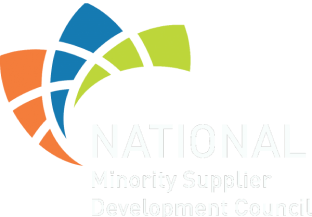The latest installment from Beroe’s series exploring insights from our guide, An Introduction to Real Autonomous Negotiation, examines what procurement leaders should be looking for, and what questions they should be asking of prospective autonomous negotiation providers. As autonomous negotiation moves from concept to implementation, choosing the right partner becomes a defining decision for procurement leaders. From negotiation depth and adaptability to transparency, supplier engagement and proven real-world results, we explain what should be on the top of your wish list.
Top criteria for choosing an autonomous negotiation provider
As autonomous negotiation matures from a promising innovation to an operational reality, procurement leaders face critical decisions about how to evaluate and choose the right provider. The stakes are high, but this isn’t just about implementing a new tool, it’s about selecting a long-term capability partner that will shape how your organization extracts value from supplier relationships.
Questions to ask when selecting your provider:
1. Depth of negotiation capability
Can they handle both bilateral and multilateral scenarios? Do they simulate negotiation pathways and adapt strategies in real time?
2. Advanced negotiation techniques for unlocking value
Can the platform design negotiations that optimize for long-term value, not just short-term price?
3. Intelligence and adaptability
Does the system demonstrate adaptive learning? Can it evolve based on prior negotiations and changing market conditions?
4. Buyer control and human-in-the-loop design
Can buyers intervene, review, or override decisions? Is there transparency behind every recommendation or outcome?
5. Supplier engagement and fairness
How does the platform support supplier onboarding, transparency, and bid evaluation clarity? Have suppliers reported improved experience or outcomes?
6. Integration and data contextualization
Does the solution integrate with existing sourcing platforms, ERP, and data sources? Can it ingest category intelligence or supplier performance data to inform strategy?
7. Provenance and real-world performance
What’s the provider’s track record across industries? Can they demonstrate savings, cycle time reduction, and user satisfaction at scale?
To learn more, download our complete guide An Introduction to Real Autonomous Negotiation here.
Author
Related Reading












